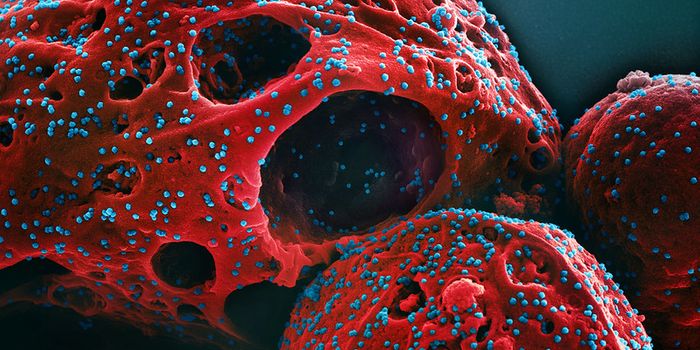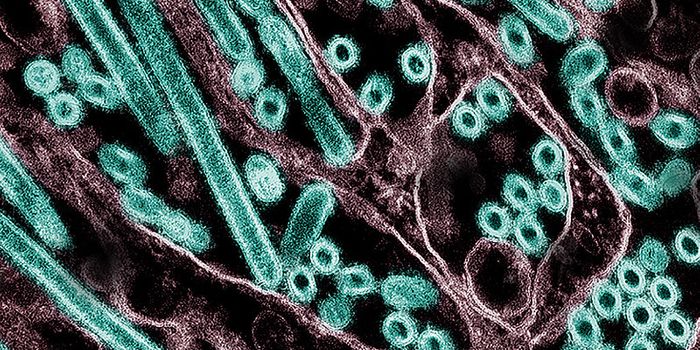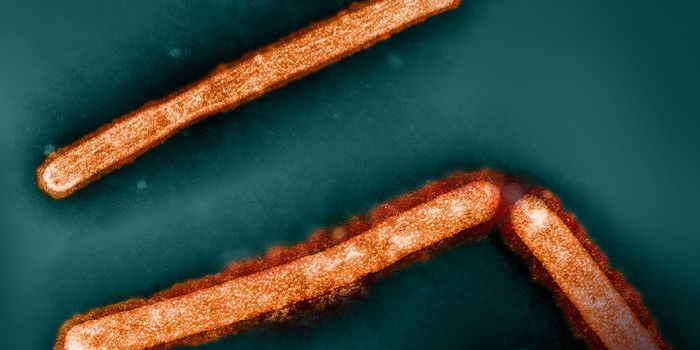A Cause of Long COVID Brain Fog is Revealed
Long COVID is a pressing public health issue. There are millions of people who experienced an acute infection with the pandemic virus SARS-CoV-2, and never truly recovered from their COVID-19 illness, or continued to experience health problems more than twelve weeks after their infection started. There are a wide range of about 200 diverse symptoms that have been linked to long COVID, also called Post-COVID Conditions (PCC), including fatigue, shortness of breath, joint pain, muscle aches, gastrointestinal distress, mood changes, and brain fog. While researchers have linked a variety of changes in the body to long COVID, such as alterations in the gut microbiome and changes in the immune system, new research has explored the basis of one kind of long COVID symptom in particular: brain fog and cognitive decline.
It's thought that about ten percent of people who get COVID-19 will experience long COVID (although those estimates can vary based on the SARS-CoV-2 variant that caused the initial infection), and roughly half of those who suffer from long COVID are thought to experience cognitive problems or brain fog.
Early in the pandemic, there were indications that beyond being a respiratory infection, COVID-19 was a vascular disease that had serious impacts on blood vessels. This latest research has indicated that dysfunction in blood vessels in the brain can cause brain fog and long COVID. Researchers have now shown that permeability or leakiness in cerebral blood vessels that can be visualized with an MRI can differentiate between long COVID patients with and without cognitive symptoms. The findings have been reported in Nature Neuroscience.
“For the first time, we have been able to show that leaky blood vessels in the human brain, in tandem with a hyperactive immune system may be the key drivers of brain fog associated with long COVID. This is critically important, as understanding the underlying cause of these conditions will allow us to develop targeted therapies for patients in the future,” said Matthew Campbell, a Professor at Trinity College Dublin, among other appointments.
“Our findings have now set the stage for further studies examining the molecular events that lead to post-viral fatigue and brain fog," added first study author Dr. Chris Greene, a postdoctoral research fellow. "Without doubt, similar mechanisms are at play across many disparate types of viral infection and we are now tantalizingly close to understanding how and why they cause neurological dysfunction in patients.”
Sources: Trinity College Dublin, Nature Neuroscience









